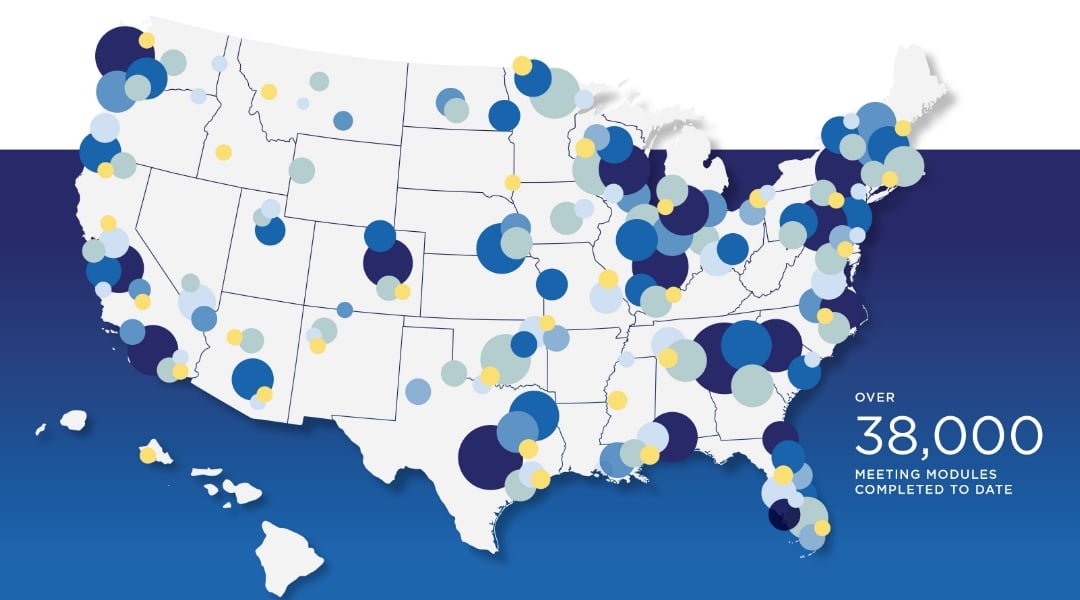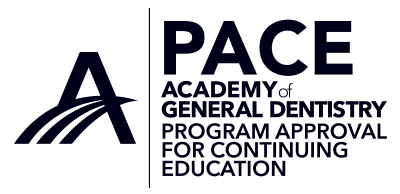Spear Study Clubs Get Your Practice Closer to Interdisciplinary Treatment Planning
Study Club Module: Moving your Team from Multidisciplinary to Interdisciplinary Dentistry
In this module, Dr. Jeffrey Rouse defines the difference between multidisciplinary and interdisciplinary dentistry. He explains how interdisciplinary treatment planning should work on a single case. More importantly, he demonstrates consequences to the patient when that model is not followed. Strengthen team communication with discussion breaks and provide a foundation for treating complex cases to help grow your team and create more successful dentistry.
Learning Objectives:
- Relate the differences between multidisciplinary and interdisciplinary care.
- Recognize the pitfalls of treatment without a formalized sequenced treatment plan amongst all the providers.
- Describe the challenges in each office (general practitioners and specialists) in creating a seamless team for referrals and care.



